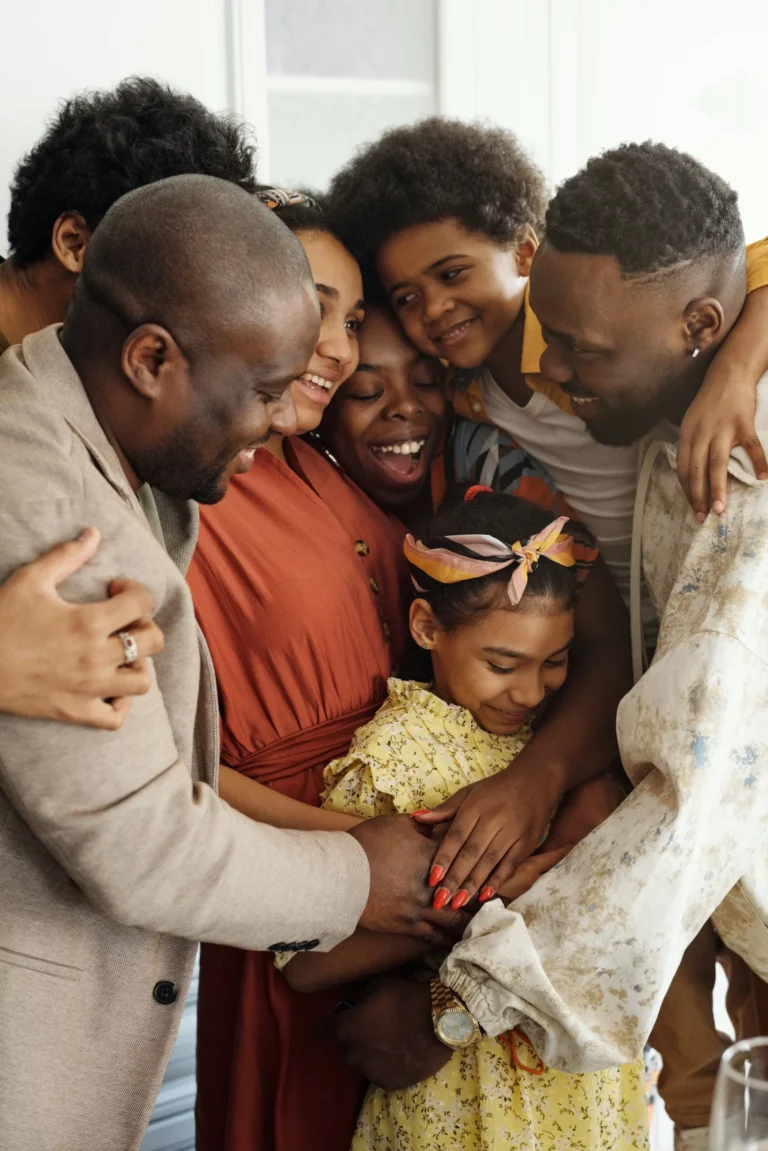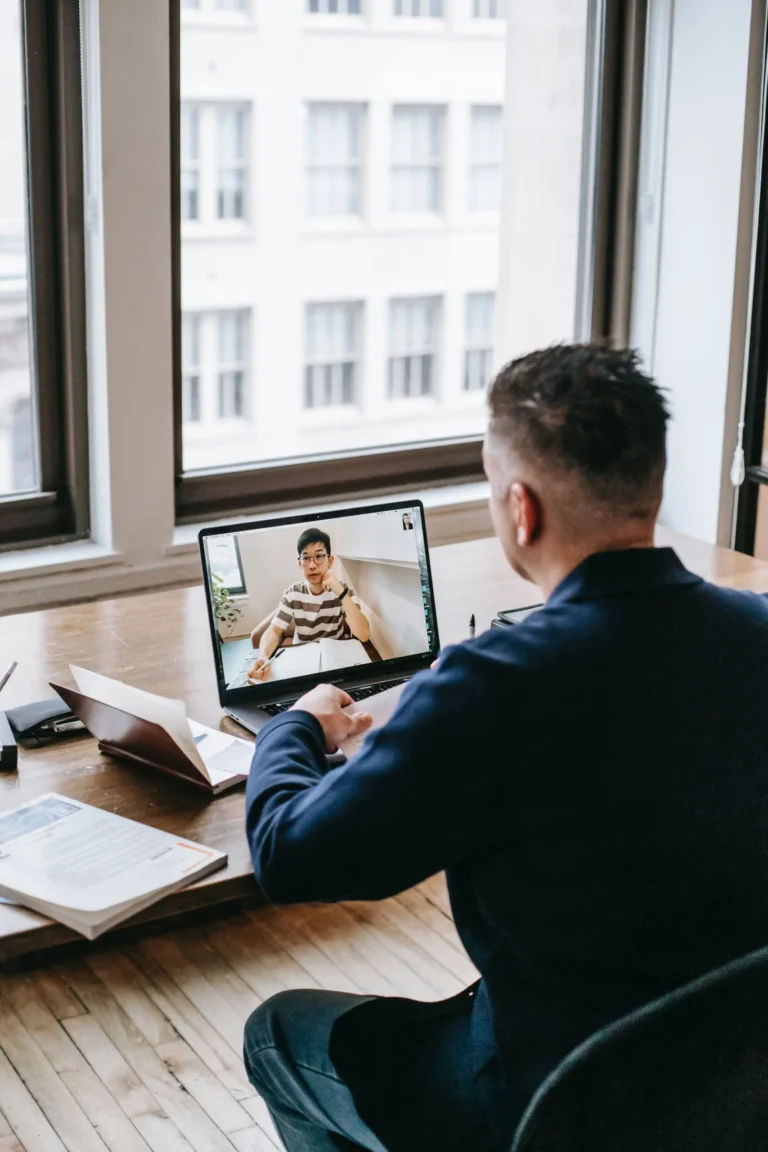Frequently Asked Questions

What is safeguarding?
Safeguarding is the process of protecting people from harm. It is about protecting children and adults at risk of abuse or neglect, and it is the responsibility of everyone in society.
What are the different types of safeguarding concerns?
There are many different types of safeguarding concerns, including:
- Physical abuse: This is any form of physical harm, such as hitting, slapping, or kicking.
- Sexual abuse: This is any form of sexual contact or behavior that is forced or unwanted.
- Emotional abuse: This is any form of emotional harm, such as bullying, name-calling, or threats.
- Neglect: This is when someone does not provide a child or adult with the basic care they need, such as food, shelter, or clothing.
What should I do if I have a safeguarding concern?
If you have a safeguarding concern, it is important to report it to the appropriate authorities. This may be the police, social services, or your employer.
What are the signs of abuse?
There are many different signs of abuse, and they can vary depending on the type of abuse. Some common signs include:
- Physical injuries: Bruises, cuts, or burns
- Changes in behavior: Depression, anxiety, or withdrawn behavior
- Problems with relationships: Difficulty making friends or maintaining relationships
- Self-harm: Cutting, burning, or other forms of self-harm
How can I protect myself from abuse?
There are many things you can do to protect yourself from abuse, including:
- Be aware of your surroundings. Trust your instincts, and if something doesn’t feel right, it probably isn’t.
- Tell someone you trust: If you are being abused, it is important to tell someone you trust, such as a friend, family member, or teacher.
- Get help: There are many resources available to help you if you are being abused. You can contact the police, social services, or a local abuse hotline.


What is the role of a safeguarding lead?
A safeguarding lead is responsible for overseeing safeguarding within an organisation. They will develop and implement safeguarding policies and procedures, provide training to staff, and investigate safeguarding concerns.
What is the importance of safeguarding training?
Safeguarding training is important because it can help people to:
- Understand what safeguarding is and how to identify signs of abuse
- Know how to report safeguarding concerns
- Protect themselves from abuse
What are the benefits of a safeguarding culture?
A safeguarding culture is a culture where everyone is committed to protecting people from harm. This type of culture can help to:
- Prevent abuse from happening
- Identify and respond to abuse early
- Support victims of abuse
Support Services
Safeguarding culture: Appropriately manage respondents and potential risks
If you need to report a concern contact your local authorities.
If you are in danger, call the Police on 000.
If you believe that a child or vulnerable person is in immediate danger, call the Police on 000.
If you have a reasonable belief that a child or adult at risk has suffered or is at risk of suffering harm, you should make a report to the government reporting authority in your state or territory.
A reasonable belief means that your concerns are well founded based on the information you know or have from a reliable source, this means you do not need to be absolutely certain that harm has or will occur before making a report.
- National Disability Abuse and Neglect Hotline 1800 880 052 Website
- Human Rights Equal Opportunity Commission 1300 656 419 Website
- Sexual Assault & Domestic Violence National Help Line 1800 Respect (1800 737 732) Website
- Beyond Blue – support for anxiety and depression 1300 224 636 Website
- Blue Knot Foundation – counselling and support for survivors 1300 657 380 Website
- Bravehearts Inc – counselling and support for survivors, child protection advocacy 1800 272 831 Website
- Care Leavers Australasia Network (CLAN) – support and advocacy for Forgotten Australians 1800 008 774 Website
- Child Migrants Trust – social work services for former Child Migrants, including counselling and support for family reunions 1800 040 509 Website
- Child Wise – trauma-informed telephone and online counselling for childhood abuse 1800 991 099 Website
- Children and Young People with Disability Australia1800 222 660 Website
- Headspace – support for young people experiencing mental health issues 1800 650 890 Website
- Healing Foundation – service to help build up the capacity of Indigenous organisations and support the development of the Link Up networkWebsite
- In Good Faith Foundation – advocacy, casework, referral and support to aid recovery for victims, their families and communities responding to clergy, religious and lay abuse 03 9940 1533 Website
- Mensline Australia 1300 789 978Website
- On the Line Australia – national telephone and online support, information and referral for men with family and relationship concerns 1300 789 978 Website
- People with Disability Australia – national telephone line to provide information and referrals to people with disabilities 1800 422 015 TTY: 1800 422 016 Website
- Rape and Domestic Violence Services Australia – 24/7 telephone and online crisis counselling service for anyone in Australia who has experienced or is at risk of sexual assault 1800 211 028 Website
- Knowmore – offers free legal advice and support to survivors of institutional child sexual abuse. They help survivors consider their options about compensation, redress and other legal issues related to abuse. The staff at Knowmore are trained and experienced in working with people who have experienced trauma, and in providing culturally safe services 1800 605 762 Website
Bravehearts is a Redress Support Service provider. Bravehearts offers free and confidential support to anyone considering applying to the National Redress Scheme. Bravehearts can provide more information about the Scheme and who can apply. They can also help fill out the form and support you throughout the process 1800 272 831 Website
To get in contact with us
All you must do is click the link below and we will respond to you within 24 to organise a time for us to connect. Be sure to check your spam/junk folder!
Newsletter
Stay updated with our news!
Thank you!
You have successfully joined our subscriber list.
@2023 Align Safeguarding. All rights reserved.

